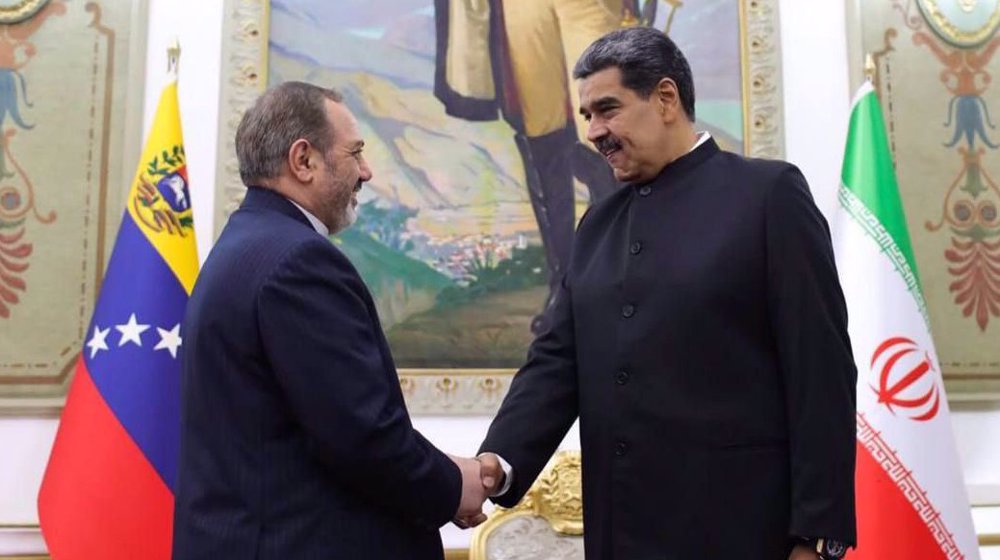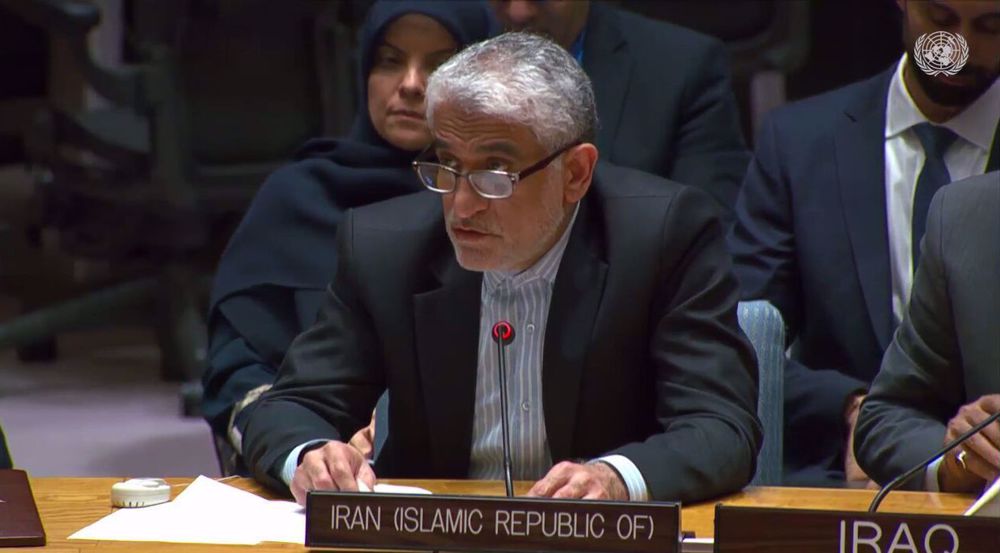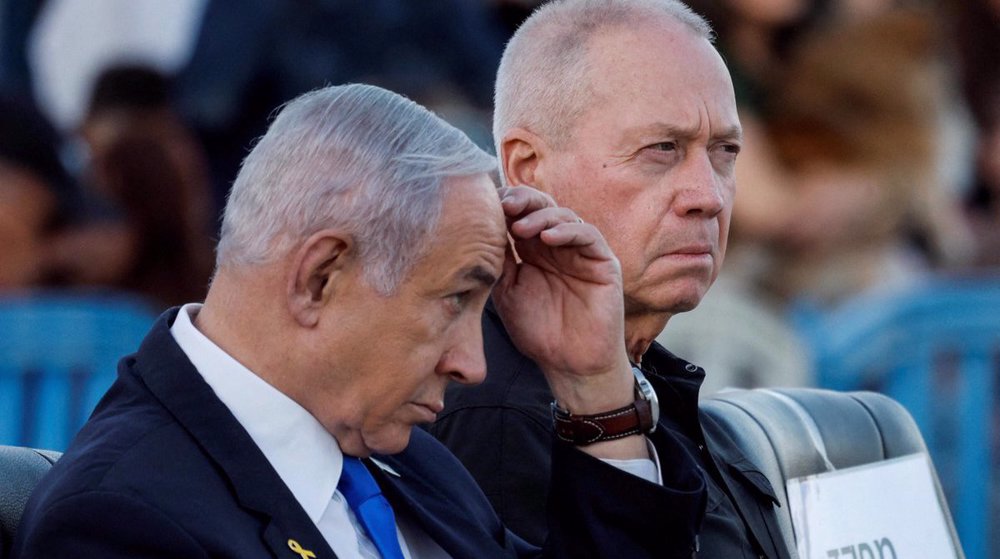Pakistan's Khan concerned about 'rising tensions' in Persian Gulf, urges restraint
Pakistani Prime Minister Imran Khan has warned against the risk of a conflict in the Middle East amid heightened tensions between Iran and the United States, calling on all parties to exercise “maximum restraint” to prevent further escalation in an already volatile region.
Citing the premier, Khan's office said in a statement late on Friday that he was concerned about the "rising tensions” in the Persian Gulf region, underscoring that “war was not a solution to any problem."
"Further escalation in tensions in the already volatile region was not in anyone's interest. All sides needed to exercise maximum restraint in the current situation."
The Pakistani premier made the remarks following a two-day visit to Islamabad by Iranian Foreign Minister Mohammad Javad Zarif, who said he had held talks with Pakistani leaders, including PM Khan, on “how the two countries can counter the United State’s ambitions and bullying”.
Tensions between Tehran and Washington saw a sharp rise in late April, when the US tightened its oil sanctions against Iran in an attempt to cut the country’s oil sales to “zero” a year after Donald Trump pulled Washington out of an international nuclear deal with Tehran, a move that flew in the face of the world community.
Iran has said the US will fail to achieve that goal, and that it has several options on the table to keep up its crude sales and counter Washington, including closing the Strait of Hormuz.
Tensions have escalated since the US sent an aircraft carrier and B-52 bombers to the region in response to alleged intelligence reports which, the US says, suggest an imminent attack.
Iran has dismissed the alleged intelligence as fake and slammed the deployments as a psychological warfare.
On Friday the Pentagon announced 1,500 troops would be sent to the Middle East in what officials described as a “force protection” measure against alleged Iranian threats.
US President Donald Trump also claimed the deployment is "mostly protective."
Zarif on Saturday dismissed the US claims against Iran as "fabricated allegations to justify beefed up US military presence in the region, " saying Washington’s decision to deploy additional troops to the Middle East is "extremely dangerous" and threatens international peace and security.
Tehran has said it will not be the initiator of any war, but reserves the right to self defense and will give a crushing response to any act of aggression.
Since taking office, the US president has expressed an array of conflicting positions toward Iran, ranging from calling for dialogue with Tehran to threatening that a war on Iran will be the "official end" of the country.
VIDEO | Former FBI agent criticizes US Congress for 'outright corruption'
IRGC chief urges Muslim countries to cut aid routes to Israel
'New chapter in cooperation': Iran, Venezuela sign new MoUs
Jordan sentences former lawmaker for supporting Palestinian resistance
Basij volunteer forces hold massive drills in southwestern Iran
Israeli war criminals 'not welcome', US city says after ICC ruling
US vetoing of Gaza ceasefire resolution ‘disgraceful’: Iran’s UN envoy
VIDEO | IAEA adopts anti-Iran resolution tabled by E3











 This makes it easy to access the Press TV website
This makes it easy to access the Press TV website